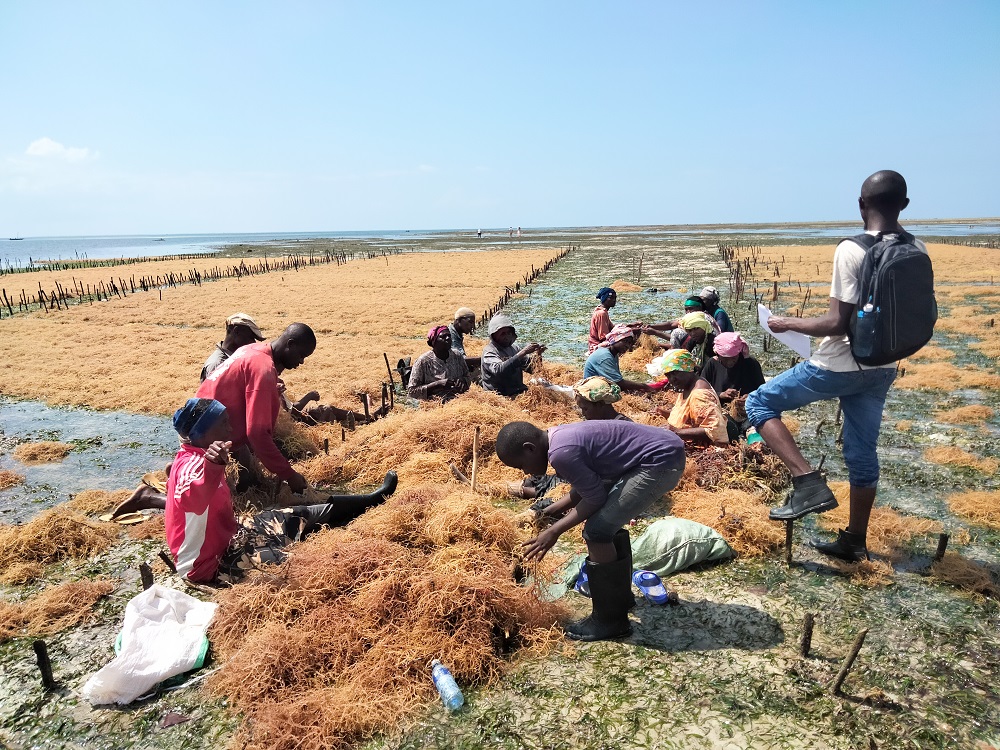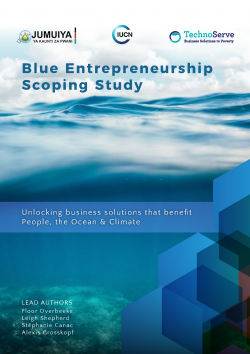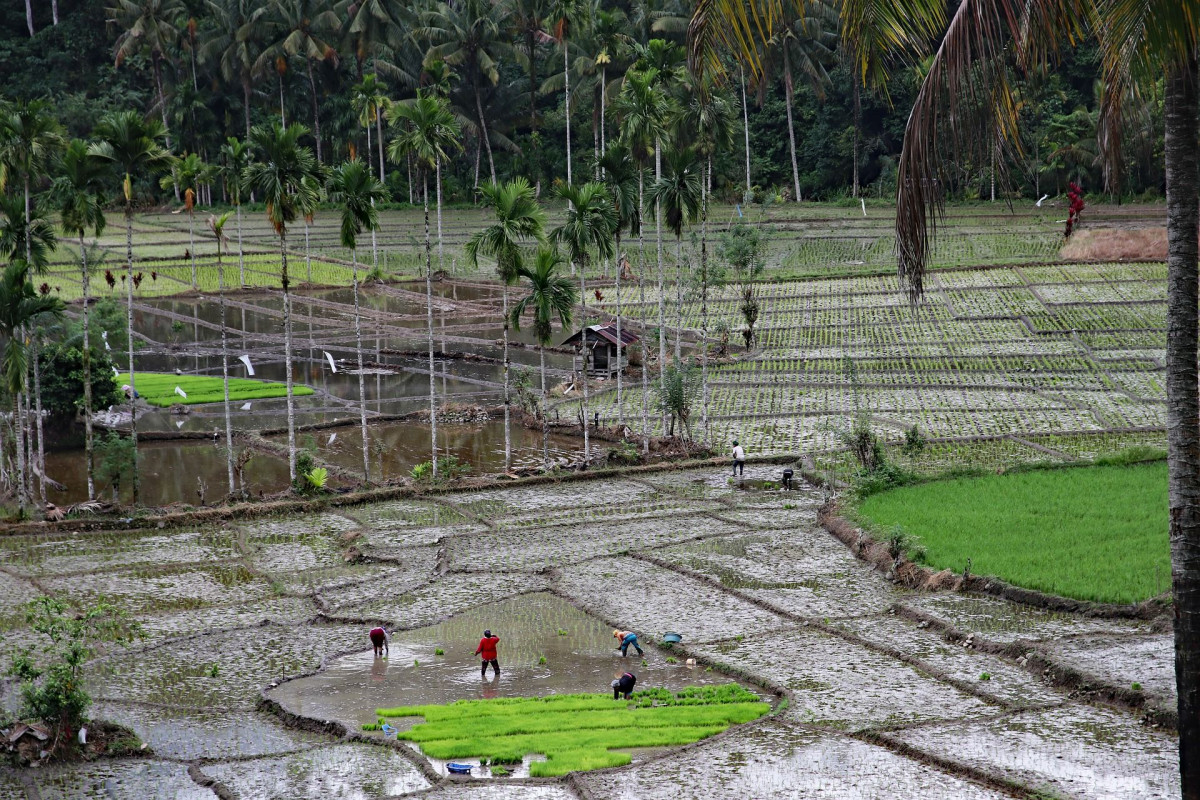Blue Entrepreneurship Scoping Study: Unlocking business solutions that benefit People, the Ocean and Climate
On 8th June 2021, IUCN Eastern and Southern Africa in Collaboration with TechnoServe Kenya and the coastal counties regional economic block (Jumuiya ya Kaunti za Pwani-JKP), launched the Blue Entrepreneurship Scoping Study. The report provides an analysis of three blue economy sectors in Kenya: Seaweed, sea cucumber and finfish farming

Photo: IUCN
The ocean is a heartbeat for coastal communities in Kenya. This is also the case for those people who boarder the ocean globally. Their lives depend on it. From fisheries, to mariculture and tourism, the ocean offers a lot.
The socio-cultural attachment of these communities to the ocean is also admirable. They can easily identify most fish species. They have records of the genesis of different economic activities including special tales such as, ‘boat making skills only possessed by a specific family lineage’.
It will be interesting to see the integration of the local knowledge and resource-use pattern with Kenya’s development agenda. The Blue Economy, is an agenda of national and global importance and the Kenyan government has established a multi-sectoral committee to spearhead the implementation of its blue economy agenda. While the local communities in the villages may not be familiar with the term ‘Blue Economy’, it is clear that they derive socioeconomic gain from the ocean.
Blue Entrepreneurship Scoping Study
 This report was generated from a rigorous process of identifying all blue economy sectors in Kenya
Photo: IUCN
This report was generated from a rigorous process of identifying all blue economy sectors in Kenya
Photo: IUCN
The highlighted sectors were prioritized based on their potential to directly affect livelihoods of coastal communities, contribute towards climate mitigation actions and enhance ecological integrity of ocean ecosystem.
The report aims to guide stakeholder engagement within the blue economy sector by addressing community needs specific areas of intervention.



